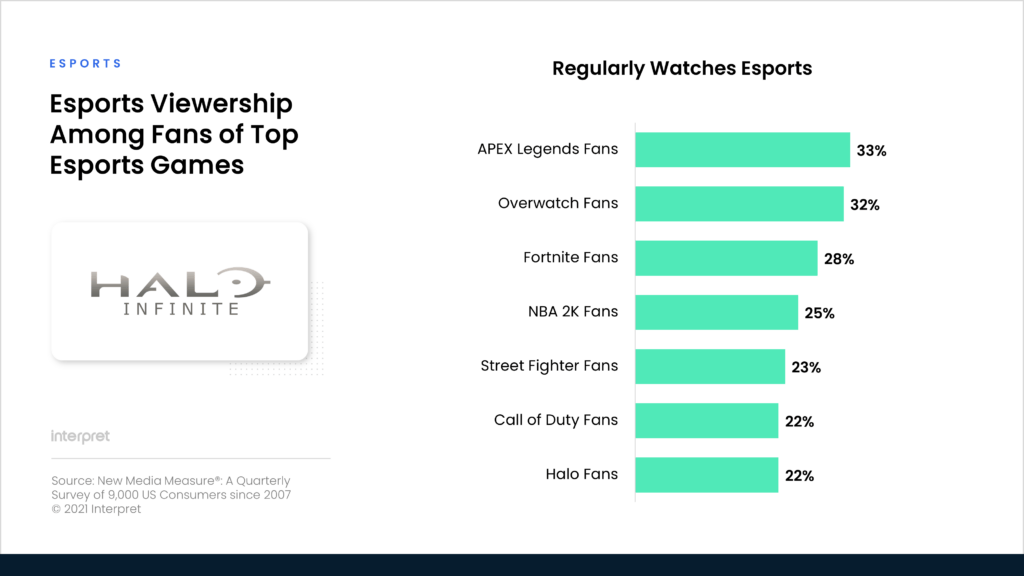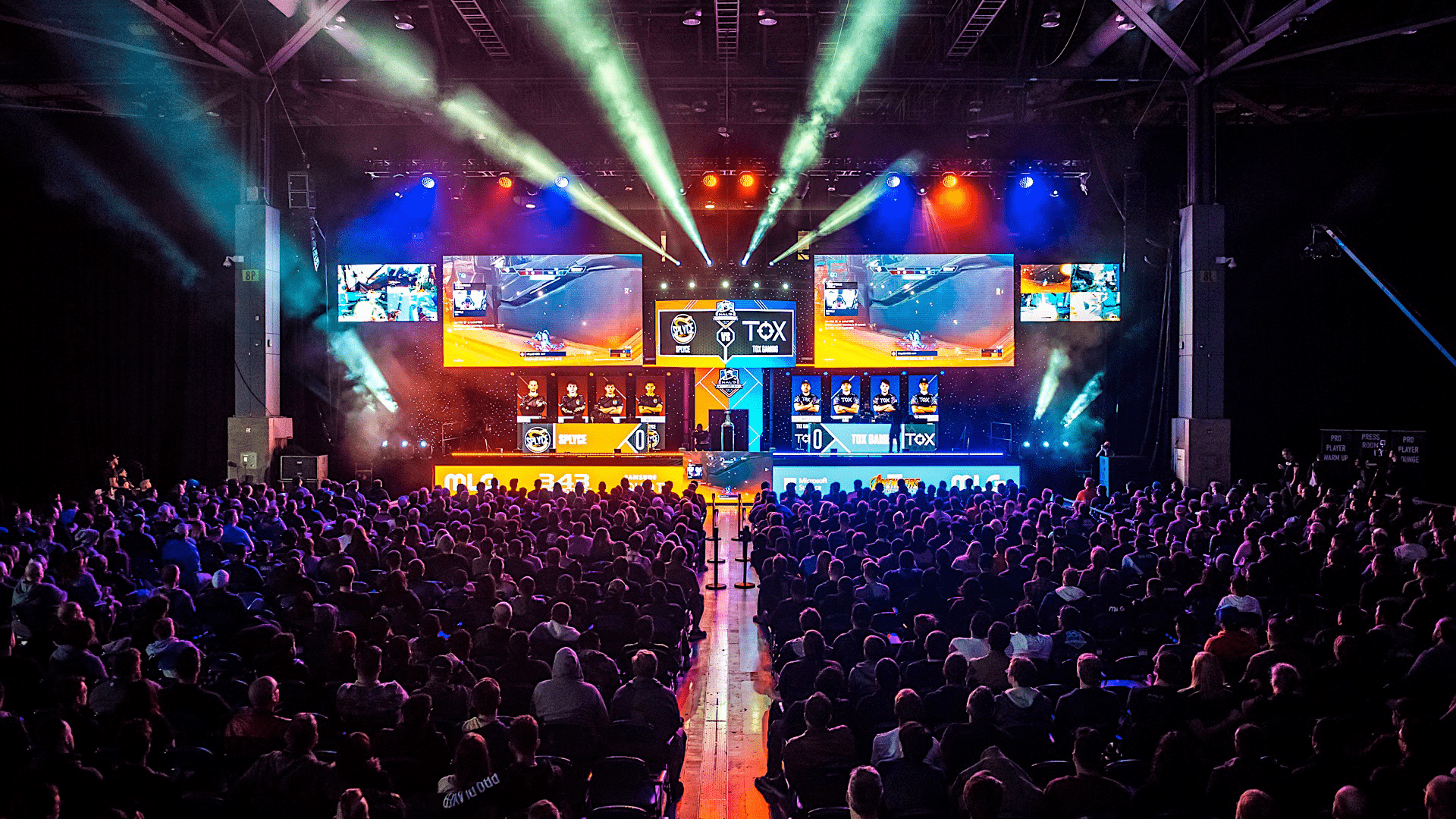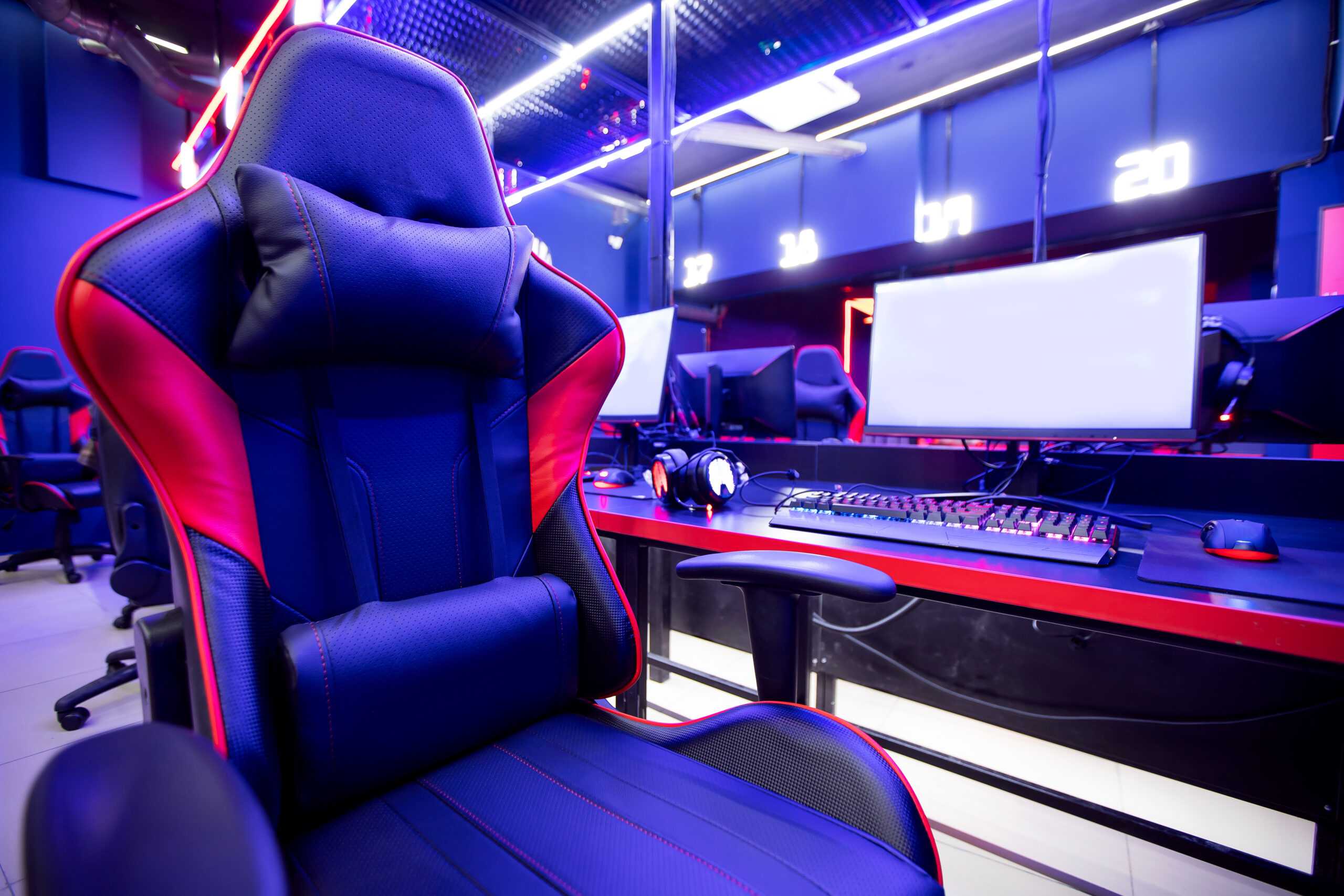Building on the successful launch of Halo Infinite, Microsoft is thinking about the long-term future of Halo esports. In November, Microsoft’s 343 Industries teamed with tournament organizer ESL Gaming to “create the most competitive Halo esports program and ecosystem in 20 years of the Halo franchise history.” The company will operate tournaments across North America, Mexico, Europe, Australia, and New Zealand, offering a prize pool starting at $3 million (which is also expected to increase through crowdfunding).
Additionally, for online competition, 343 is leaning on Faceit’s expertise as the host for all Official Halo Championship Series online tournaments for Halo Infinite. Faceit will launch its own Faceit Pro League, and tournaments will be broadcast across both Twitch and YouTube. A complete overview and schedule of the Halo Championship Series can be found on the official blog page.
Microsoft may not have the same foothold in esports as companies like Riot or Blizzard, but the Redmond giant is clearly taking competitive gaming seriously. It understands that teams need to succeed in order for the ecosystem to thrive. Earlier in 2021, Microsoft outlined how it intends to share revenues with esports orgs participating in Halo Infinite esports. An official partnership program will grant teams a “significant” portion of revenues from in-game item sales, and partnered teams will also receive broadcast VODs, have their travel paid for, and can take on their own sponsors so long as they don’t conflict with Halo Championship Series’ own sponsors.
These are huge steps to build a healthy esports environment, but it remains to be seen how much it’ll impact Halo esports viewership overall. According to Interpret’s New Media Measure®, fans of Halo are far less likely than fans of other major titles, like Apex Legends or Overwatch, to regularly tune into competitive gaming events. Just 22% of Halo fans regularly watch esports compared to 32% of Overwatch fans. The good news, however, is that Halo Infinite esports got off to a great start in November, as the first North American HCS Open Series peaked at 56,515 viewers, according to TwitchTracker. By comparison, during the last HCS Finals in 2018, viewership peaked at just 22,562 viewers, so it’s clear that Infinite has sparked interest.







